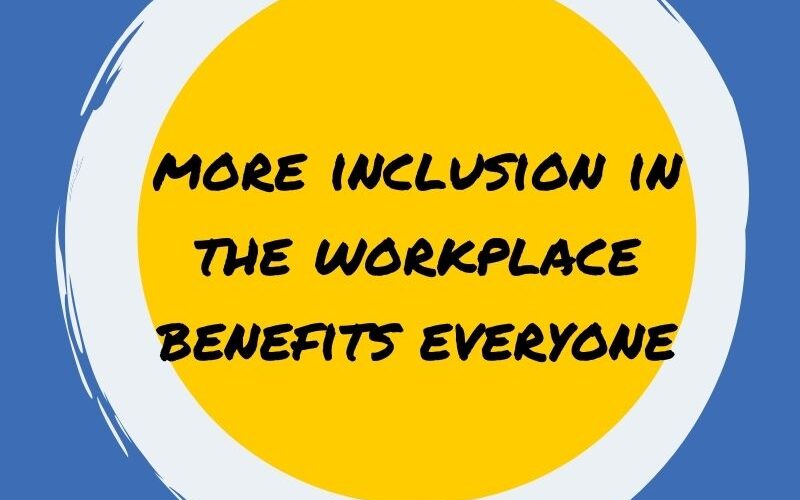This article was written by PYD intern Olivia Isemond
As a person with a disability I experience first-hand fewer opportunities for employment than people without disabilities. I have an anxiety disorder and talking to other people makes me anxious. This makes being at interviews difficult because there are expectations created that I don’t think I can reach. I also have a learning disability and I take longer to learn and process things than most people. Yet, my anxiety and learning disability do not diminish my other skills to perform many tasks successfully. I believe that ableism and perceived cost of accommodations are two barriers that people with disabilities face in employment opportunities and job offers.
A lot of people with disabilities don’t get a job because of ableism. Ableism is when people with disabilities are typically discriminated against. Ableism comes in many forms, but often can be described as setting low standards for disabled people, thinking that they are inferior, and assuming that a disabled person has both a physical and an intellectual disability. A lot of employers don’t see people with disabilities as a “good fit” for a job, because they think they lack the skills to perform the job. Rather than assuming there is a lack of skills, employers should consider how skills can be adapted or accommodated so that people with disabilities can be successful at the job.
Perceived cost of accommodations is another barrier to employment for people with disabilities. Though employers may think that accommodations are costly or time consuming to put in place, most accommodations are completely free or have minimal cost. The average cost is around $500. For example, a person with a vision impairment may need documents written in Braille or verbal descriptions. A person with a hearing impairment may need media with captions or a text telephone. These are all reasonable and inexpensive accommodations to enable people with disabilities to be successful in the workplace.
Furthermore, many individuals with disabilities have learned to develop their own accommodations. I have already developed my own accommodations to complete tasks needed for school and everyday living to be successful. For example, I write down tasks so that I remember them and organize them. This accommodation would not cost an employer any amount of money; I would just need some additional time to write down tasks.
It’s important to include people with disabilities in the workplace. They get to learn new skills and they can also improve on skills they already have. It also helps with life skills. Having a job helps people with disabilities grow as a person as well as be more financially secure and independent.
Including people with disabilities in the workplace also benefits the employer and other employees. Simply through exposure, many of the misunderstanding of the skills of people with disabilities would be dispelled. They will see that people with disabilities have the skills and abilities that are as valuable as any other employee. Employers and employees can learn more about accommodations – with small adjustments and accommodations people with disabilities can find fulfilling work and be included.
Employers should make an effort to set up accommodations for people with disabilities. Not only is it a law, but having a more diverse and inclusive work culture can attract more customers and future potential employees. Many people with disabilities enjoy being able to relate to employees with similar attributes.
Inclusion benefits the person with a disability, companies, and communities, yet people with disabilities are still being discriminated against in the workplace. One in 4 people in the US is living with a disability. That is a quarter of the workforce that can contribute to the workforce and economy. Even though society has become more inclusive recently, there is still more work to do because there are still people that are being discriminated against based on who they are.
Sources/more information:
https://www.nationaldeafcenter.org/accommodations-101
https://www.washington.edu/doit/what-are-typical-accommodations-students-blindness

